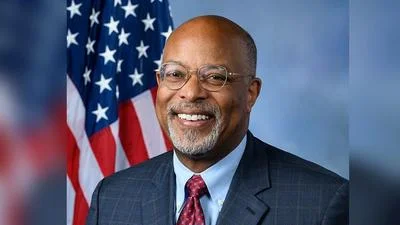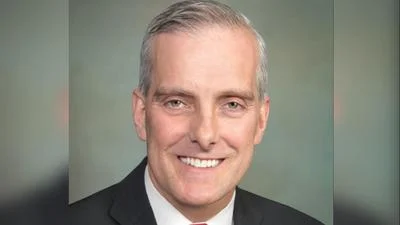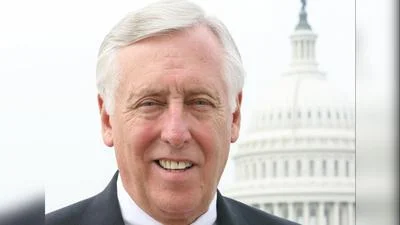Dr. Manish Khanna | Capitol Breathe Free
Dr. Manish Khanna | Capitol Breathe Free
- Common symptoms of sinus infections are nasal congestion, headaches, coughing, discomfort, nasal drainage, or facial pain.
- Sinus headaches can cause facial pain.
- Symptoms of chronic sinusitis can be treated by addressing the sinus infection through medication or a surgical procedure like balloon sinuplasty.
“With forehead area and frontal sinus inflammation, patients will feel pain and pressure in their forehead and temple,” Dr. Khanna told the Maryland State Wire. “The sphenoid sinuses are located in the back of the nose. When those get inflamed, it can cause pain in the top of the head and in the back of your head. When treating it, we generally start patients with topical sprays, antibiotics, and steroids at times to help, but if it is a chronic or recurring issue with patients, then balloon sinus dilation can be a permanent fix for them.”
According to WebMD, approximately 90% of adults diagnosed with acute sinusitis in the United States, characterized by a sinus infection lasting less than four weeks, are prescribed antibiotics. A sinus infection lasting longer than 12 weeks is categorized as chronic sinusitis.
With acute sinusitis, it might be difficult to breathe through your nose, according to the Mayo Clinic. The area around your eyes and face might feel swollen, and you might have throbbing facial pain or a headache.
Both migraine attacks and sinus headaches can cause facial pain, watery eyes, and post-nasal drip, according to the American Migraine Foundation. These shared symptoms contribute to the misdiagnosis and self-diagnosis of sinus headaches.
According to NHS Inform, individuals experiencing symptoms lasting for over one week are advised to consult a physician. An Ear, Nose, and Throat (ENT) specialist may suggest using a saline solution, over-the-counter medication, or prescribe antibiotics or a corticosteroid spray. If these treatments fail to alleviate the symptoms of sinusitis, the ENT specialist may also advise sinus surgery.
According to Capitol Breathe Free's website, Dr. Manish Khanna earned his undergraduate degree at the University of Maryland, Baltimore County. The following year, he completed his postgraduate research at the National Institutes of Health (NIH). In 2002, he received his medical degree from Albany Medical College. He then secured a place in the otolaryngology residency program at Albany Medical Center, where he completed his surgical internship and residency, holding the position of chief resident until 2007. Following the residency, Dr. Khanna obtained a fellowship in rhinology—advanced endoscopic sinus surgery—at the California Sinus Institute in Palo Alto, California. He concluded his fellowship in rhinology and achieved board certification in otolaryngology—head and neck surgery—in 2008 before returning to the D.C. metro area.






 Alerts Sign-up
Alerts Sign-up